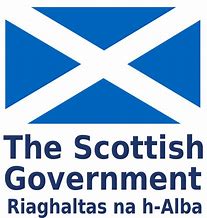Faster access to new treatments for very rare conditions announced following a revised decision making process in Scotland.
The Scottish Government is introducing a new definition of ‘ultra-orphan medicines’ that can treat very rare conditions affecting fewer than 1 in 50,000 people – around 100 people or less in Scotland.
The new definition also allows the Scottish Medicines Consortium (SMC) the ability to treat some medicines for rare orphan diseases as ultra-orphan medicines.
The changes mean if the medicine meets the new definition of an ultra-orphan medicine and the SMC consider it clinically effective, then it will be made available on the NHS for at least three years while information on its effectiveness is gathered.
The SMC will then review the evidence and may make a final decision on its routine use in NHS Scotland.
In addition, medicines that fall under the new definition and which have been recently reviewed by SMC but not recommended for routine use, will be admitted to the new pathway.
Health Secretary Shona Robison said:
“Patients with the rarest of conditions are often children and treatment choice can be limited, so we are acting to make access to specialised medicines easier across the NHS.
“Changes introduced this month through the new PACS Tier Two system already give doctors the right to seek access to licensed treatments not generally available in the NHS in Scotland.
“These new rules for medicines that can treat those with the rarest of diseases will give faster access to new treatments. The process has been designed to be consistent and quick to implement for patients, and it will strengthen Scotland’s reputation as an international life sciences hub.
“Given ultra-orphan drugs are often very expensive, it is also vital that pharmaceutical companies play their part and bring a fair price, first time, to the process.”
The changes will come into effect from 1 October 2018.
Read the full article here.
